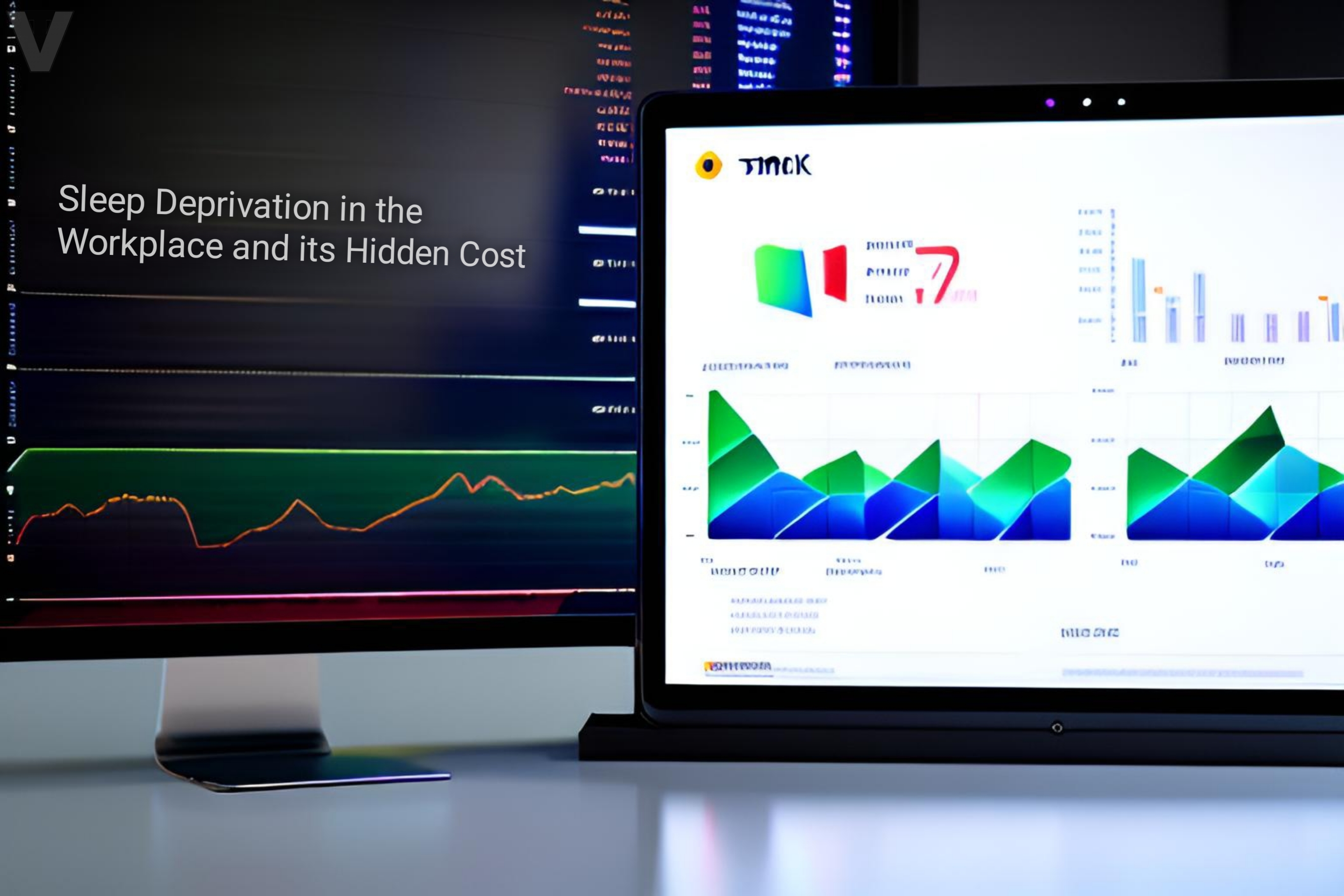The Hidden Cost of Sleep Deprivation in the Workplace
In our fast-paced, 24/7 connected world, a silent epidemic is spreading across our workplaces – the pervasiveness of sleep deprivation. It’s a stealthy productivity killer, a health hazard, and a safety risk, often overlooked or trivialized by the mantra of ‘sleep is for the weak.’ This post aims to shed light on the detrimental impacts of insufficient sleep on workplace dynamics, highlighting why businesses need to pay serious attention to the ‘sleep health’ of their workers for better performance, safety, and overall organizational success.

The fallout on performance and productivity
The consequences of sleep deprivation are not limited to yawning through the day; they seep into the core functionality of a business. When a worker is running on insufficient sleep, their cognitive abilities take a hit. Decision-making skills are impaired, resulting in poor judgments and slower response times. Their attention wavers, making them prone to errors and reducing overall productivity. Furthermore, creativity and problem-solving skills, essential for innovation and business growth, are also stifled by sleep deprivation. In essence, an under-rested workforce can impact the bottom line, impairing overall business performance.
Greater danger in high-responsibility roles
The stakes become significantly higher in roles with substantial responsibilities. For example, operating heavy machinery or driving large vehicles requires constant alertness; even a momentary lapse can lead to devastating accidents. It’s in these unfortunate circumstances that the victims may need to reach out to a truck accident lawyer, who can provide invaluable guidance through the intricate legalities that often follow such incidents. Sleep deprivation in these roles doesn’t just affect performance—it can change lives in an instant.
Counteracting sleep deprivation: steps businesses can take
Acknowledging the impacts of sleep deprivation is the first step, but businesses must actively adopt strategies to combat this silent productivity killer. Implementing awareness programs can play a significant role in educating workers about the importance of proper sleep hygiene and its effects on health and performance.
Flexible scheduling can help cater to individuals’ sleep patterns, allowing them to work at their most alert and productive times. This also provides an opportunity to balance work and personal life better, reducing stress levels and potentially improving sleep quality.
Another key strategy could involve promoting a culture that values rest and recovery as much as hard work. Discourage the glorification of long hours and sleepless nights, and encourage practices that facilitate restful sleep, such as disconnecting from work-related communication after office hours.
It’s essential for businesses to understand that investing in the ‘sleep health’ of workers is an investment in the company’s success.

Investing in sleep: a smart business move
In conclusion, sleep deprivation in the workplace is a hidden yet formidable enemy, impacting individual performance, productivity, and posing potential safety risks. By acknowledging this issue and taking proactive steps—like implementing awareness programs, flexible scheduling, and promoting a culture that values rest—businesses can help create a healthier, more productive work environment. Remember, for those in high-responsibility roles, such as operating heavy machinery or driving large vehicles, the stakes are even higher; the value of proper sleep cannot be overstated. The role of sleep in the workplace goes beyond the personal; it’s a strategic business concern that demands attention. After all, a well-rested workforce is a productive and safe workforce.
from VitalyTennant.com https://bit.ly/3pQJA38
